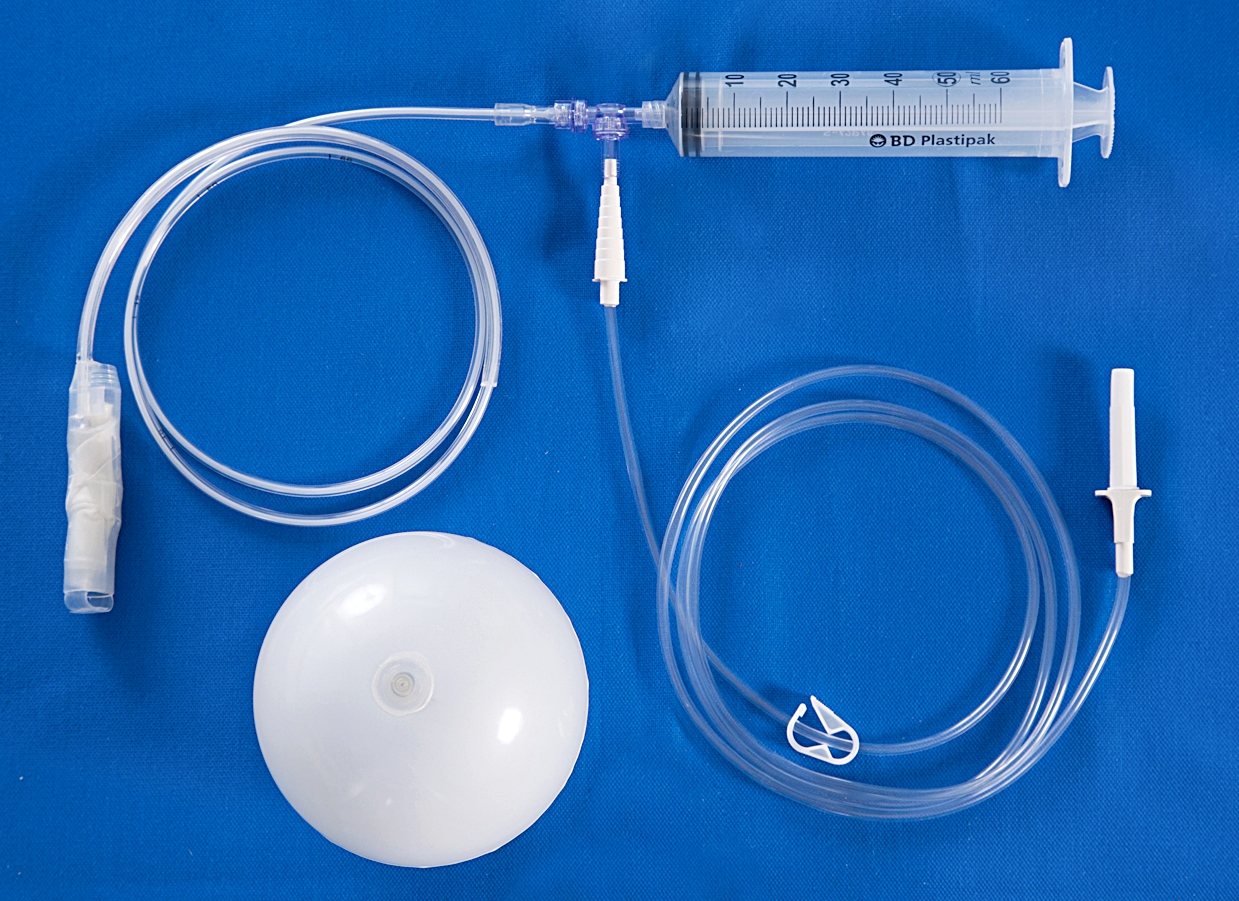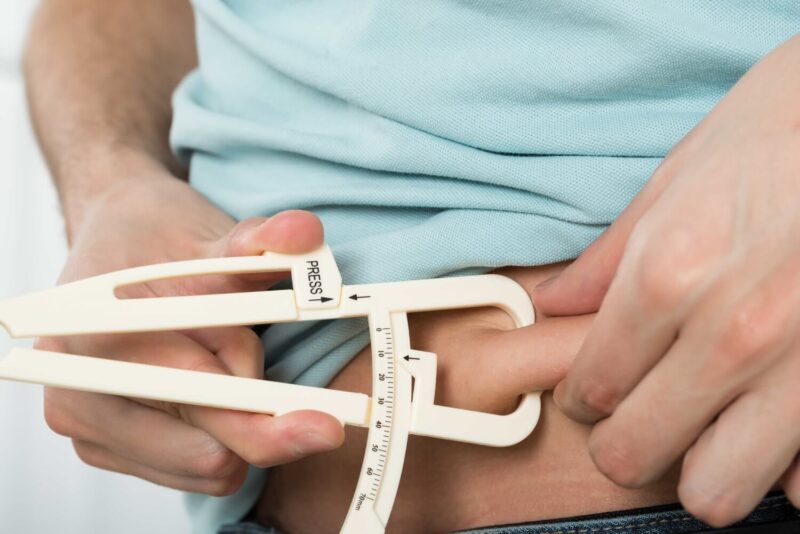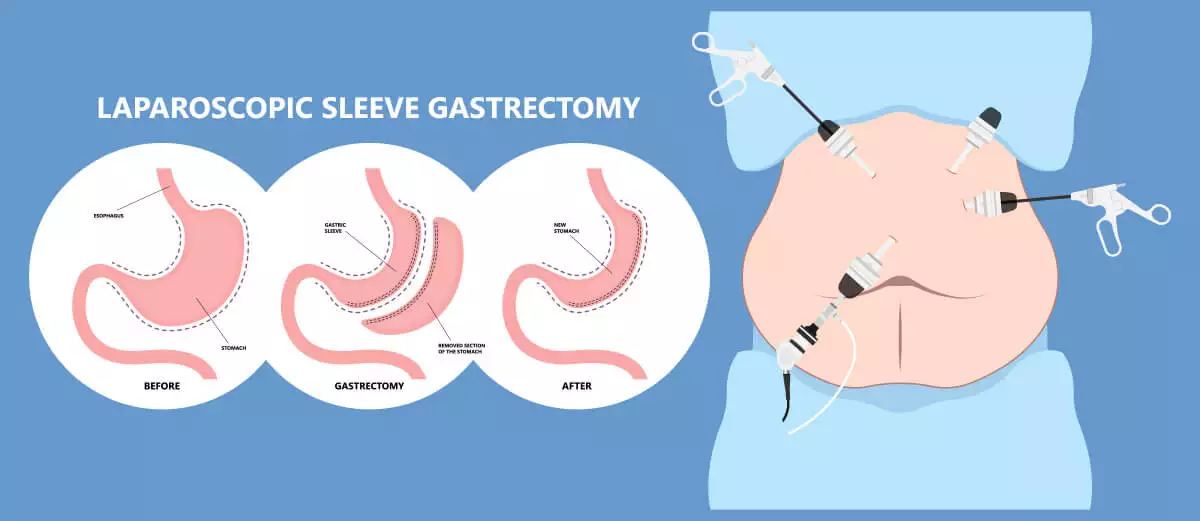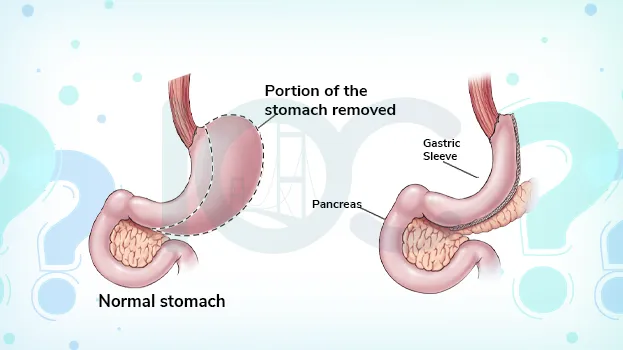Stomach reduction: What you should know about a stomach reduction and its effects If your years of attempts to lose weight have failed unsuccessfully, you have one last option: stomach reduction. Pathological obesity and health problems caused by diabetes 2 can be successfully treated with this surgical procedure. Several techniques are available. Which is the right one depends on the condition of the patient and the desired therapy goal.
For whom is stomach reduction possible?
Stomach reduction becomes an option only when no weight loss has been achieved over a period of more than one year using conservative methods. The most important prerequisite is a body mass index (BMI) of over 40, i.e. obesity. If pathological and severely impairing side effects such as high blood pressure, joint problems, breathing interruptions and heavy sweating are added, an operation is also recommended with a BMI of 35. The patient must also be of legal age, mentally stable and drug-free. The psychological factors are of particular importance since the physical intervention of stomach reduction has strong effects on the psyche.
What are the methods?
There are three different techniques to reduce the stomach volume. One possibility is to use a gastric band. Part of the stomach is tied off so that only a much smaller amount of food can be consumed. A stomach balloon filled with salt water also serves this purpose. These two procedures are reversible, as the band and balloon can be removed again.
It is different with the so-called tube stomach, in which a part of the stomach is irrevocably removed by an operation. The most common procedure in England is the gastric bypass. The esophagus is surgically connected to the small intestine. The food then passes through neither the stomach nor the duodenum and can therefore no longer be completely utilised.
After the operation
The positive consequences of a stomach reduction are quickly visible. The weight decreases continuously. After one year, the patients are not only significantly slimmer but also in a better overall state of health. However, not everyone can cope with these serious changes without problems. Studies have shown that some of those who have undergone surgery try to compensate for their lower food intake by consuming more alcohol, nicotine, and drugs. Psychological aftercare is therefore highly recommended after every stomach reduction.








